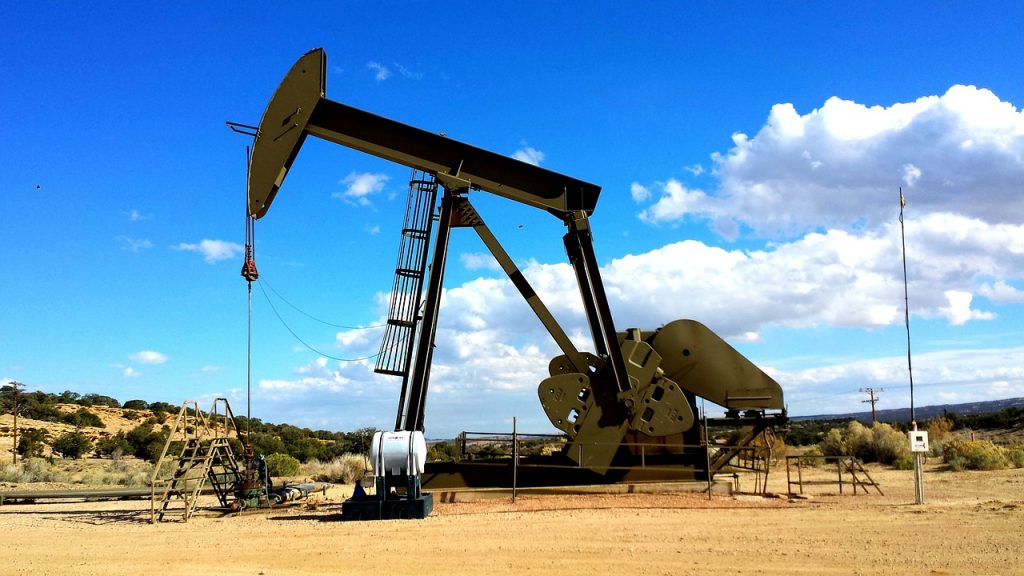How Taxing Oil Companies Could Help Cut Fuel Costs
Fuels costs have skyrocketed to unseen heights but an oil company tax could help.
This article is more than 2 years old

It’s no secret that gas prices have gone up astronomically over the past few months. The Russian invasion of Ukraine, followed by a swift sanctions campaign led by President Joe Biden, has put certain strains on the fuel economy. Though the sanctions have had the intended impact on Russia, the effect has rippled across nations worldwide, skyrocketing demand for gas which sequentially inflated the price. The United States may incorporate an oil company tax to keep gas costs from reaching unfathomable heights.
At the beginning of the Russian invasion, gas prices rose 70 cents per gallon on average and continued to climb during March 2022. In the US, the cost of gas per gallon has plateaued, but numbers are still high. Many states have $4 or higher per gallon of gas, while California averages around $6. Biden has started distributing fuel from the Strategic Petroleum Reserve to offset the climbing prices. This has helped alleviate the high demand, but it’s still not enough to lower gas prices entirely. A discussed oil company tax may be implemented soon. Known as a temporary windfall profits tax, the tax would extract money from Big Oil’s billion-dollar profits to save Americans money at the gas station.
An oil company tax is not a bad idea, especially when many Americans know how profitable substantial oil companies are. Shell, BP, ExxonMobil, and Chevron reported billion-dollar revenues last year, totaling more than $75 billion. Last year, ExxonMobil received billions just in the last few months of 2021. Big Oil’s unimaginable profits could be taxed to aid Americans under significant financial stress.

Before the Russian invasion, many oil companies were doing business with the Slovac nation, cashing on their numerous natural gas reserves. A subsidiary of ExxonMobil has been invested in Russia’s fuel economy, utilizing money from an oil and gas project to send to Russia’s federal government. BP is no different, with direct ties to the nation’s natural gas enterprise. BP owns a fifth of Rosneft, a Russian state-owned company that has generated profits for the oil corporation since 2013. With Big Oil having longstanding relationships with the Slovac country, imposing an oil company tax to redirect funds to those hurting from Russia’s senseless violence would be undeniably reasonable.
Unfortunately for people everywhere, Big Oil has no financial need to divest from Russia’s natural gas economy. In fact, oil companies benefit from the Russian invasion, able to drive up prices for their product without any repercussions. Shareholders pocketed the windfall profits that increased tremendously at the invasion’s inception through unethical buybacks. An oil company tax for these windfall profits would control the exponential increase of Big Oil revenue, redirected to people who desperately need financial aid.
A recent report from the Center for American Progress explained how an oil company tax would generate billions of dollars to rectify the unaffordable gas prices. The report stated that this windfall tax should be imposed until gas costs drop to pre-crisis numbers. Though this would benefit Americans tremendously, an oil tax could get massive pushback from giant oil industries whose shareholders are only getting wealthier from fuel’s excessive demand.





